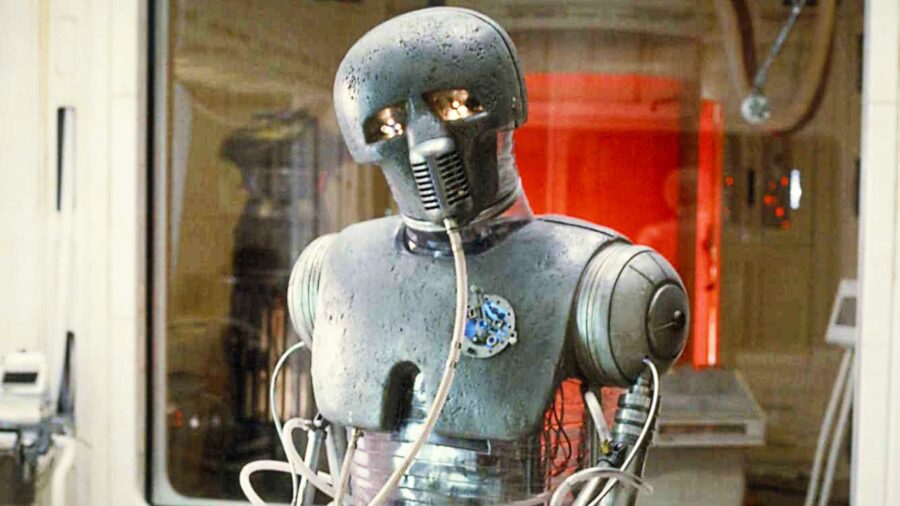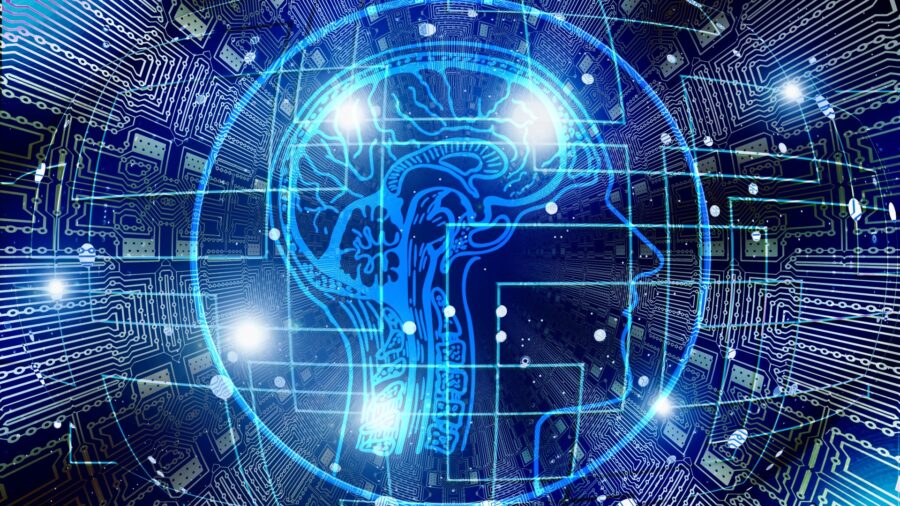AI Replacing Doctors For Poor People?
OpenAI CEO Sam Altman has suggested that artificial intelligence could be used to diagnose the issues of people who cannot afford traditional human care.
This article is more than 2 years old

Artificial intelligence is the trending technology of the moment, and there are tons of different ways to use the applications we have available. The uses for AI can range from helpful algorithms to silly chatbots and banal to outright scary. Futurism recently reported on tweets made by OpenAI CEO Sam Altman where he suggested something that could definitely be put in the scary category — AI doctors.
Of course, Altman is the CEO of an AI company so he positioned this as a good thing, saying how AI doctors could provide medical advice to people who can’t afford regular healthcare. While this would be nice in theory, it seems wildly far away and dangerous to even try to implement at this point. Some AI can write up some pretty decent articles about certain subjects and even pass tests, but using AI for medical advice is a terrible idea.
If someone went to an AI doctor with a serious issue, they could easily be misdiagnosed. There are plenty of people who already try to diagnose themselves on websites like WebMD, which obviously can’t see you in person or run diagnostic tests. The best you could do is tell the AI what your symptoms are and hope that it is able to guess what your condition is.

To Altman’s credit, he does propose that these AI doctors could act as medical advisors, so he’s not exactly saying they would replace real doctors. He also admits that the technology is still broken at this point, so obviously, this wouldn’t be something that is implemented right away. Still, the legalities of offering an AI application to act as a medical advisor seem sketchy at best.
AI doctors are far from the only application that artificial intelligence could be used for. There are a lot of reasons to be wary of artificial intelligence, but if used ethically it can certainly be a helpful technology. Many companies already use some forms of AI to help automate tasks, provide data analytics, and increase productivity, so it’s not like the technology is inherently evil.
Still, it does seem a little haphazard to propose that AI doctors could be something AI offers in the future. It would be easy to see how something like an app where you plug in symptoms provides you with some potential diagnoses using AI and machine learning, but there’s no way these applications should be trusted to replace regular healthcare for people who can’t afford it otherwise. That would essentially be suggesting people who can’t afford healthcare should just settle for a solution that could be flawed and even medically dangerous to trust.
It’s interesting to see how popular the top AI has become in the last couple of years, with technologies like OpenAI, ChatGPT, Dall-E, and other artificial intelligence platforms becoming widely available to the masses. It’s easy to see that this technology isn’t going anywhere and there may be a world where people do turn to AI doctors for medical advice in the future. Hopefully, it’ll be a future where that AI advice isn’t their only option.












